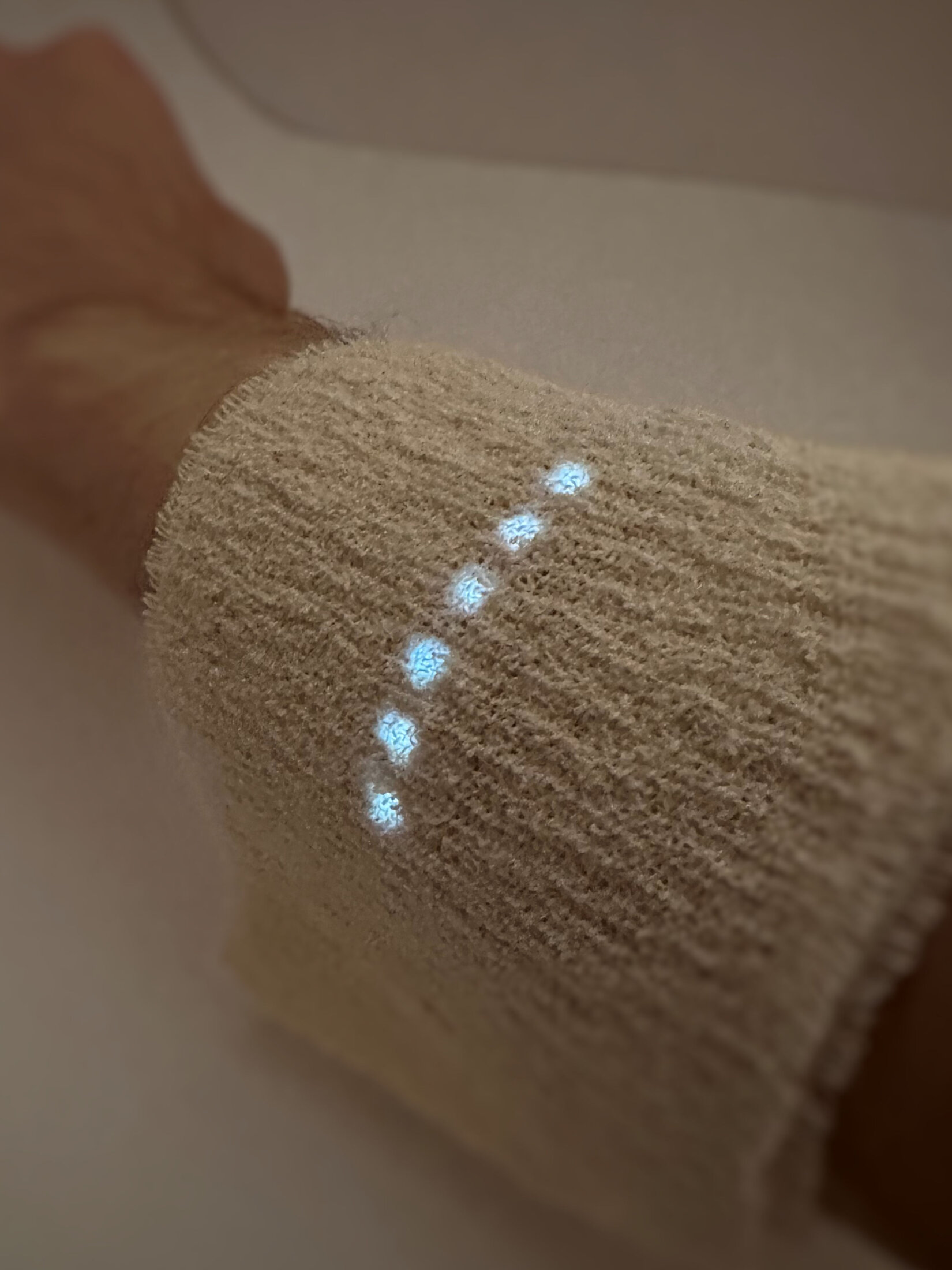Electronic systems are pervasive in everyday technology and play a crucial role in various applications, including communication, computation, control, and sensing. Electronic systems comprise different types of devices, circuits and embedded sub-systems to process, store, transmit, and control electrical signals to perform specific functions. Systems research is typically multidisciplinary and presents opportunities for collaboration across Electronics and Computer Science (ECS) and beyond. The following topics represent specific opportunities that build upon existing expertise and facilities within ECS. These are examples only, as other applications technology domains are also of interest.

The Centre for Flexible Electronics and E-Textiles (C-FLEET) was established in 2021 to enable research into soft, conformable materials for electronics, wearable sensors, and new electronic, biological and chemical sensing techniques. Application examples include personal monitoring, healthcare, and flexible energy harvesting power supplies and storage.
Soft systems developed with expertise from across ECS include low power communications for body area networks, machine learning for processing and data handling, and data security to explore wider application-based considerations.
Activities are underpinned by a focus on sustainability. Fabrication methods seek to exploit low energy, additive, solution processing techniques (e.g. printing). A key embodiment of such flexible systems will be in textiles, but this also includes, for example, skin based wearable sensors and flexible soft polymer electronic systems. Applications of the research include wearable technologies but are much broader with flexible materials and textiles being used in industry, agriculture, civil engineering, the marine environment and automotive sectors.
C-FLEET brings relevant researchers from across ECS together to foster new collaborations, exploit opportunities and increase the visibility of these activities both internally and externally. The Centre delivers world-leading research and influences the research agenda through collaborative research programmes and community leadership. The Centre supports growth in research income and activities, and its profile helps to attract the best researchers and develop impact from applications of the technology.